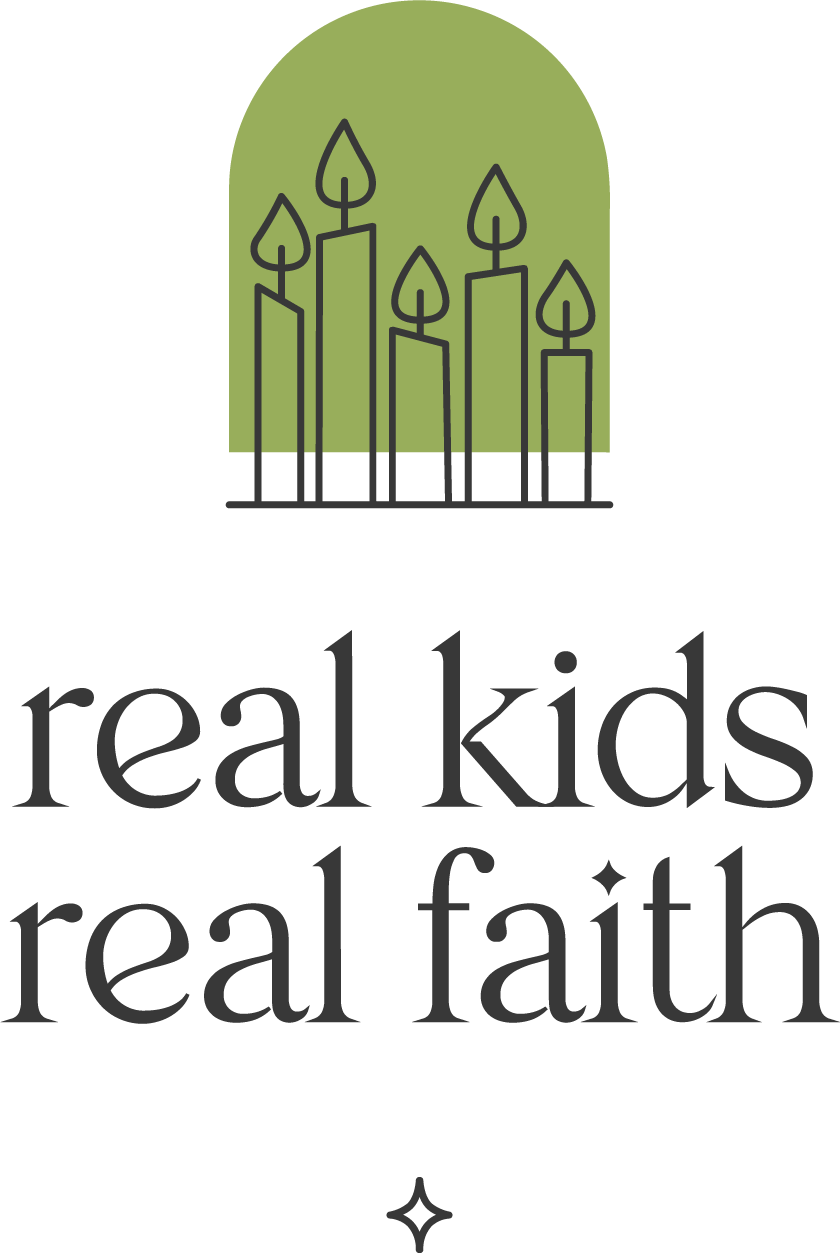After the 9/11 terrorist attack, my four year old asked, “Mommy, were there children on those planes?” I responded that there were people of all ages, including children, on board. He then wondered whether the kids might have survived the crash. I explained that the explosion was too powerful for anyone to survive. “Do you think it hurt?” he asked. “It might have hurt for a second,” I replied. “But then they couldn’t feel anything anymore.” Satisfied that no kids were still suffering, he returned to his game.
Children try to make sense of tragic events by gathering and analyzing many kinds of information. Very young children observe adult behavior, sensing and responding to others’ emotions. By three or four, kids also ask questions based on their life experience and concerns. Figuring out how to answer can be difficult, especially when we wish we could shield children from hard realities.
Here are some questions children may be asking about the Israel/Palestine conflict and some ideas for framing your responses:
Why are Israel and Palestine fighting? Children intuitively link traumatic events to their personal experiences. They know that some people argue and fight when they disagree, and they relate social violence to interpersonal disputes. Explain that there is a long history of Israelis and Palestinians being angry and upset with each other. They do not know how to get along, and sometimes they try to resolve their differences by fighting. With older children, share some of the political aspects of the conflict.
Will the hostages be okay? Children will be especially anxious about the well-being of those being held against their wills. While it may be tempting to minimize the danger, children often sense when adults are avoiding tough topics. Instead, validate their concerns and assure them that there are many people working very hard to bring the hostages safely home. Ask them to share imaginative ideas for helping the hostages, or encourage them to create messages of support for hostages and their families. These activities restore a sense of agency even when kids are scared.
Are children getting hurt by the bombs and gunfire? When children ask this question, they typically suspect that the answer is ‘yes’. They are probing to see if adults will answer honestly and also wondering how adults feel about such terrible things. They may be worried that something violent will happen to them. Answer truthfully and reassure children that you will always do your best to protect them. Explain that sometimes even our best efforts to keep something bad from happening aren’t enough, but parents (caregivers) never stop trying to protect kids. Practice taking deep, calming breaths together to manage anxiety.
Why was that little boy in Chicago stabbed? The violent death of another child can be very scary, especially when it’s a hate crime. Since children can’t easily hide their race or ethnicity, they may fear being targeted and feel powerless to protect themselves. Explain that hate is a really big emotion and sometimes people don’t manage those feelings well. They may lash out and hurt other people. Share that one way to reduce hate is to look for positive qualities in people, even if we don’t like them. Practice naming together positive aspects of neighbors or acquaintances that you find annoying or difficult to be around.

Comments